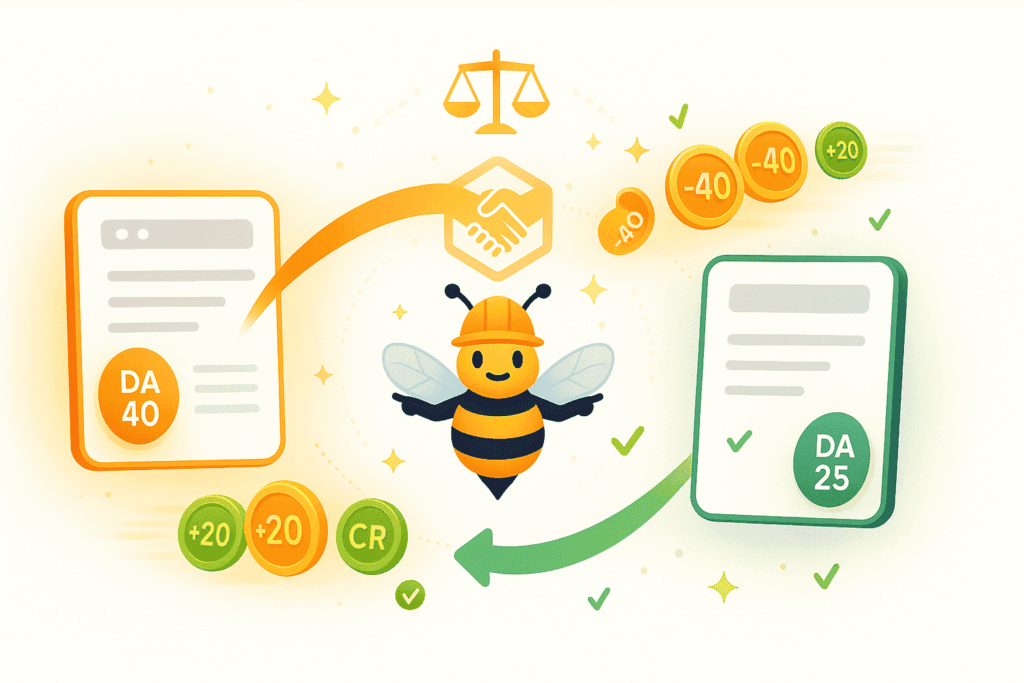Startup Valuation Calculator
Calculate startup valuations using multiple methods for fundraising and negotiations.
How the Startup Valuation Calculator works
Apply multiple valuation approaches including comparables, scorecard, and VC methods to determine fair startup value.
Startup valuation determines how much equity you give up when raising money, making it critical for fundraising success.
How it works
Tutorial
Startup valuation drives every fundraising conversation, determining how much equity founders must give up to raise capital. Early startups require specialized approaches that balance data with factors like team quality, market size, and competitive positioning. Using multiple valuation methods and finding a reasonable range creates the strongest negotiating position.
Use the calculator above for multi-method startup valuation, or follow the steps below to value your startup using the Scorecard Method.
The Formula
| Method | Best For | Core Formula |
|---|---|---|
| Comparables | Companies with similar peers | Peer Valuation × Adjustment Factors |
| Scorecard | Pre-revenue to early revenue | Average Valuation × Weighted Scores |
| VC Method | High-growth potential | Exit Value ÷ ROI Target × Retention |
| DCF | Revenue-stage companies | Present Value of Projected Cash Flows |
Step-by-Step Calculation
Let’s value a startup using the Scorecard Method.
Step 1: Determine Regional Baseline
Start with average pre-money for your stage and region:
| Region | Stage | Average Pre-Money |
|---|---|---|
| San Francisco | Seed | $4,000,000 |
| New York | Seed | $3,500,000 |
| Austin (Example) | Seed | $2,500,000 |
Baseline:Starting point is$2,500,000
Step 2: Score Management Team (30% weight)
Evaluate team quality:
| Factor | Weight | Score vs Average | Weighted Multiplier |
|---|---|---|---|
| Team Strength | 30% | 125% (strong) | 1.075 |
Reasoning:Experienced team with one previous exit. Calculation: 1 + (0.30 × 0.25) =1.075
Step 3: Score Market Opportunity (25% weight)
Evaluate market size:
| Factor | Weight | Score vs Average | Weighted Multiplier |
|---|---|---|---|
| Market Opportunity | 25% | 115% (above average) | 1.0375 |
Reasoning:Large market but competitive. Calculation: 1 + (0.25 × 0.15) =1.0375
Step 4: Score Product/Technology (15% weight)
Evaluate product differentiation:
| Factor | Weight | Score vs Average | Weighted Multiplier |
|---|---|---|---|
| Product/Technology | 15% | 110% (slightly above) | 1.015 |
Reasoning:Good product but not revolutionary. Calculation: 1 + (0.15 × 0.10) =1.015
Step 5: Score Competition (10% weight)
Evaluate competitive environment:
| Factor | Weight | Score vs Average | Weighted Multiplier |
|---|---|---|---|
| Competition | 10% | 95% (challenging) | 0.995 |
Reasoning:Crowded market. Calculation: 1 + (0.10 × -0.05) =0.995
Step 6: Score Marketing/Sales (10% weight)
Evaluate go-to-market strategy:
| Factor | Weight | Score vs Average | Weighted Multiplier |
|---|---|---|---|
| Marketing/Sales | 10% | 105% (solid) | 1.005 |
Reasoning:Clear channel strategy. Calculation: 1 + (0.10 × 0.05) =1.005
Step 7: Score Additional Factors
Evaluate remaining factors:
| Factor | Weight | Score | Multiplier |
|---|---|---|---|
| Need for Investment | 5% | 100% | 1.000 |
| Other Factors | 5% | 108% | 1.004 |
Calculations:1 + (0.05 × 0) = 1.000; 1 + (0.05 × 0.08) =1.004
Step 8: Calculate Combined Multiplier
Multiply all weighted factors:
| Factor | Multiplier |
|---|---|
| Team | 1.075 |
| Market | 1.0375 |
| Product | 1.015 |
| Competition | 0.995 |
| Marketing | 1.005 |
| Funding Need | 1.000 |
| Other | 1.004 |
| Combined Multiplier | 1.138 |
Calculation:1.075 × 1.0375 × 1.015 × 0.995 × 1.005 × 1.000 × 1.004 =1.138
Step 9: Calculate Final Valuation
Apply the combined multiplier to baseline:
| Component | Value |
|---|---|
| Regional Baseline | $2,500,000 |
| Combined Multiplier | × 1.138 |
| Pre-Money Valuation | $2,845,000 |
Calculation:$2,500,000 × 1.138 =$2,845,000
Step 10: Create Negotiation Range
Round to negotiable number:
| Precision | Value |
|---|---|
| Calculated | $2,845,000 |
| Negotiation Value | $2.85M – $3.0M |
Final Answer:The startup valuation is approximately$2.85-3.0 millionpre-money
What This Means
A $3M pre-money valuation positions this Austin seed startup at a 20% premium to regional average, justified by strong team and good market opportunity. For a $750K raise, this results in 20% dilution ($3M + $750K = $3.75M post-money).
Every Business Needs Backlinks, Including Yours.
Meet the smartest link building tool ever made
BlazeHive matches your pages with relevant sites, finds the exact
paragraph to place your link, and verifies placement
automatically. Build backlinks while earning credits for linking
to others.
Your first step was Startup Valuation Calculator; your next step is easier SEO with BlazeHive.
AI-Powered Niche Matching
Get matched with relevant sites automatically Our AI analyzes your content and finds websites in your exact niche that actually want to exchange backlinks. No random link farms, no irrelevant sites, just quality matches with 97%+ topical relevance so every backlink builds real authority.

Automated 24/7 Link Building
Your backlink profile grows while you sleep BlazeHive runs continuously, matching you with new relevant sites as they join the network. More matches mean more backlinks, higher rankings, and growing organic traffic, all without manual outreach, follow-ups, or agencies charging $5K/month.

First Backlink in Under 7 Days
Stop waiting months for outreach results Most users get their first quality backlink within a week of joining. No cold emails with 2% response rates, no waiting 3-6 months for agency deliverables. Just AI matches delivered daily so you can start building authority immediately.

Credit-Based Fair Exchange
Earn credits by giving, spend credits to receive Give backlinks to relevant sites and earn credits based on your domain authority. Use those credits to get backlinks from sites you need. Fair value exchange means no one gets exploited higher DA sites cost more credits, new sites get incentive pricing.

